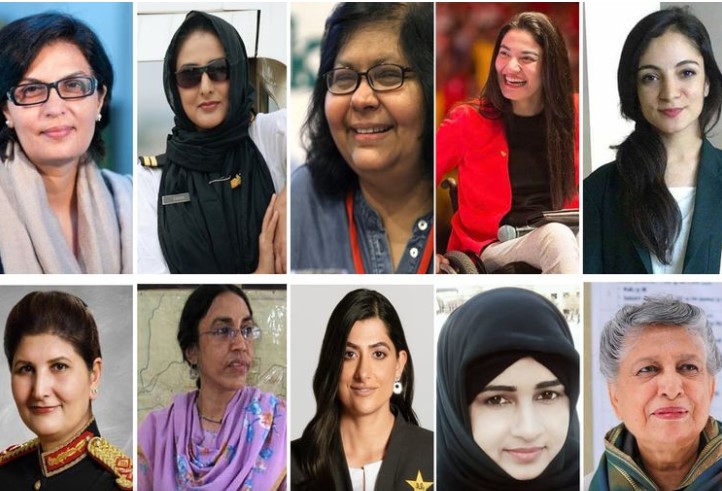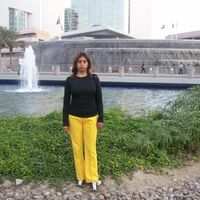

Women's Evolution in Every Segment of Pakistani Society and changing the destiny.
average 3 minutes read.
In the diverse tapestry of Pakistani society, the role of women has undergone significant evolution in recent decades. From traditional norms to increasingly progressive attitudes, women in Pakistan are steadily carving out their space and asserting their rights across various spheres of life. This transformation is a testament to their resilience, determination, and the gradual shift towards gender equality in the country.
Education has been a cornerstone in empowering Pakistani women. Over the years, there has been a notable increase in female enrollment at all levels of education, from primary to tertiary. This access to education has not only enhanced their knowledge and skills but has also empowered them to challenge societal norms and pursue careers in traditionally male-dominated fields such as medicine, engineering, law, and politics.
Economic empowerment is another crucial factor contributing to women's advancement in Pakistani society. Initiatives promoting entrepreneurship and microfinance have enabled women to start businesses and contribute financially to their households. Organizations like the Kashf Foundation have played a pivotal role in providing financial services and training to female entrepreneurs, thereby fostering economic independence and reducing poverty.
Political participation remains a vital avenue through which women in Pakistan are making their voices heard. The introduction of reserved seats for women in national and provincial assemblies has ensured their representation in decision-making bodies. This has not only diversified political discourse but has also led to legislative reforms aimed at protecting women's rights and addressing gender-based violence.
Cultural and social norms are gradually evolving, albeit with challenges. Women are increasingly challenging stereotypes and advocating for their rights in public and private spheres. The emergence of women-led activist movements and the presence of strong role models in media and academia have contributed to changing perceptions and promoting gender equality.
Despite these strides, Pakistani women continue to face challenges such as gender-based violence, limited access to healthcare, and societal pressures. Efforts to improve access to healthcare services, enforce existing laws protecting women, and promote gender-sensitive education are crucial for further progress.
The journey of Pakistani women towards empowerment is marked by significant achievements and ongoing challenges. As they continue to break barriers and assert their rights, their contributions to society in various fields are increasingly recognized and celebrated. The path ahead involves continued advocacy, policy reforms, and societal transformation to ensure that all women in Pakistan have equal opportunities to thrive and contribute meaningfully to their communities and the nation as a whole.
In conclusion, the narrative of women making their space in Pakistani society is one of resilience, progress, and hope for a future where gender equality is not just a goal but a reality
Powered by Froala Editor